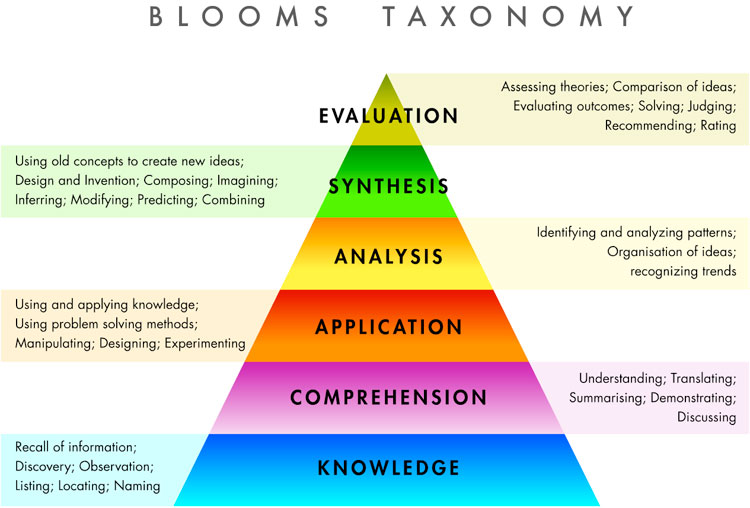This article was very interesting because it reminds us that educators do not know everything and are not expected to know everything. I think one of the biggest fears of young teachers is the expectation to know everything. It also mentions the fact that the students have their own knowledge and that educators tend to forget that. This article showed that the important aspect of asking questions is understanding what the students already know and what they are supposed to be learning. I learned from this article that an important part of asking questions is to do it in such a way that will captivate the entire class's attention and not single out a certain group of students. Not all students are interested in answering questions or knowing the answers to the questions, so it is up to the teacher to find a way that will engage every student and force them to be involved in the questioning process.
Asking Questions to Improve Learning
This post was very helpful because it gave examples along with short descriptions of the type of questions teachers should be asking. From this post, I learned that asking questions is meant to improve learning; therefore, teachers need to understand the correct way to ask a question in order for the questions to be effective. In order to ask valid questions, you have to first understand the different types of questions. If a question is closed then it has few answers and is meant to test the students' understanding of the material. If a question is leading then it suggests the answer within the question. An open question tends to be the most effective and does not have a single answer which leads to more discussions and active learning. This post explains the different types of questions in more detail which I found very helpful for future responsibilities.
Three Ways to Ask Better Questions in the Classroom
An important thing to know about asking questions is that a teacher's question is an example for the students. So the type of questions a teacher asks shows the students the type of questions they should be asking themselves. Also, questions encourage students to reach a higher level of thinking and really participate in their learning. This article discusses three ways to ask better questions. If we simply prepare, play with, and preserve the good questions then educators can begin to ask better, more effective questions. I think the most interesting thing I learned in this article was to prepare my questions. Everyone knows that you have to plan your lessons and what the students will do for the day, but who would have thought to plan what questions you will ask throughout the day. Being well prepared in every aspect of teaching can lead to such a productive atmosphere.
Asking Better Questions in the Classroom
This video discussed the difference between open and closed ended questions. As an educator, it is important to know the difference or else you could easily get frustrated when you are not receiving the feedback you desire. A closed ended question allows the student to give short answers with no requirement for discussion. An open ended question, however, requires the student to give a longer response that often leads to class discussions. Open ended questions are more effective because they require participation and allow the students to engage in critical thinking.
Questioning Styles and Strategies
This video taught me that it is important to use many different techniques when asking students questions. This allows the students to remain interested in the lesson as well as actively participate in the questioning process. Therefore, it is a teacher's responsibility to become familiar with and understand all the possible techniques.

I enjoyed reading your post. You really seemed to have paid attention to the material. I think you did a great job with your post. It was a good picture choice and I did not see any grammar errors.
ReplyDelete